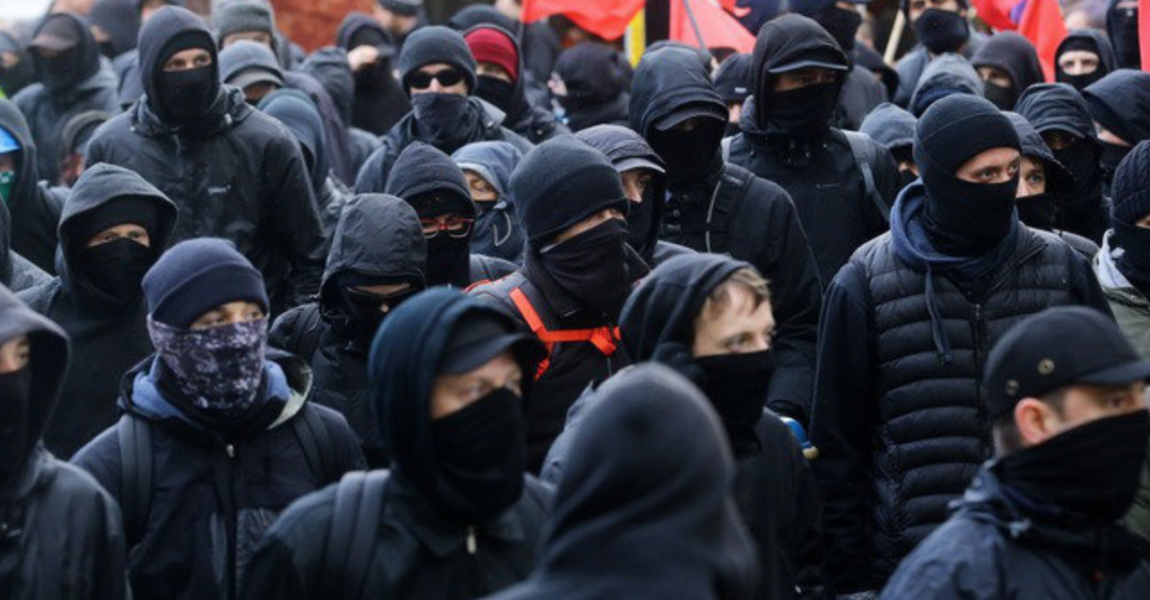
The prospect of war abroad and insurrection at home are not thoughts we welcome. However, I’m not sure they can much longer be avoided.
Abroad North Korea, ruled by a fat little despot with a bad haircut, has nuclear bombs, is developing missiles to deliver them and threatens to use the weapons against the United States and its allies.
In the Mid-East, Iran is also developing nuclear weapons and missiles and also repeatedly engages in provocations against United States forces in the region.
A miscalculation in either theatre could lead to a wider war.
At home, scenes from City streets like Saint Louis, Baltimore and Berkeley are cause for concern. Police authorities, public institutions and even private homes of public officials are subjected to pre-planned violent attacks. The burning, looting and lawlessness resemble riots and insurrections more than protests.
It is worthwhile to pause a few moments and consider whether under the Constitution the powers of the Federal Government expand and individual rights shrink in time of war and insurrection?
It’s an important question because if there is a time when Constitutional restraints on the exercise of power by the Government are stretched to the outer limits it is in times of war. It is in times of national emergencies. Abraham Lincoln, like many of our leaders, had to ponder the ultimate question: “Is it possible to lose the nation,” he asked, “yet preserve the Constitution?”
The Framers of our Constitution were not fools. While they took pains to limit the powers of the federal government in order to avoid tyranny, they also knew there could be wars, rebellions, even insurrections and that if the government didn’t have the power to deal with such challenges, the country could be lost.
What are some of those powers?
Congress, as we know, has power to declare war by a simple majority vote of both houses. But what they also have the power to do is prepare the nation for war. They may pass Conscription laws, drafting private citizens to serve in the armed services. Congress may authorize the seizure of private property to aid in a war effort. And they may impose price controls as well as rationing of food, fuel and other materials.
Additionally, the Constitution guarantees the individual States a republican form of government and “protection against invasion.” And the Constitution empowers Congress to federalize militias and units of the National Guards to suppress insurrections that threaten republican forms of government and repel such invasions.
Congress also has the power under the Constitution to suspend the writ of Habeas Corpus in times of rebellion or invasion “or when the public safety requires it.” That has obvious implications for individual citizens detained by the government who wish to challenge the legality of their detention.
And While the Constitution has no express provision for the imposition of Marital Law, in fact it has been used numerous times in our history.
Additionally, by Executive order, the President may order the killing of American Citizens who wage war against the United States, both on foreign soil and actually within the jurisdictional borders of the United States. He may establish military tribunals to try and punish enemies of the United States. By Executive order and with the support of Congress, the President may establish internment camps for entire classes of citizens if it is deemed in the interest of National Security in times of war.
And lest there be any doubt about these powers, each of them has been used at some point in our history, and the Supreme Court has upheld the actions as Constitutional.
It is unknown if all those rulings would be the same to day, but if history teaches us anything it teaches us war is different, emergencies are different and what in peace time one believes would never happen can happen. And does happen.